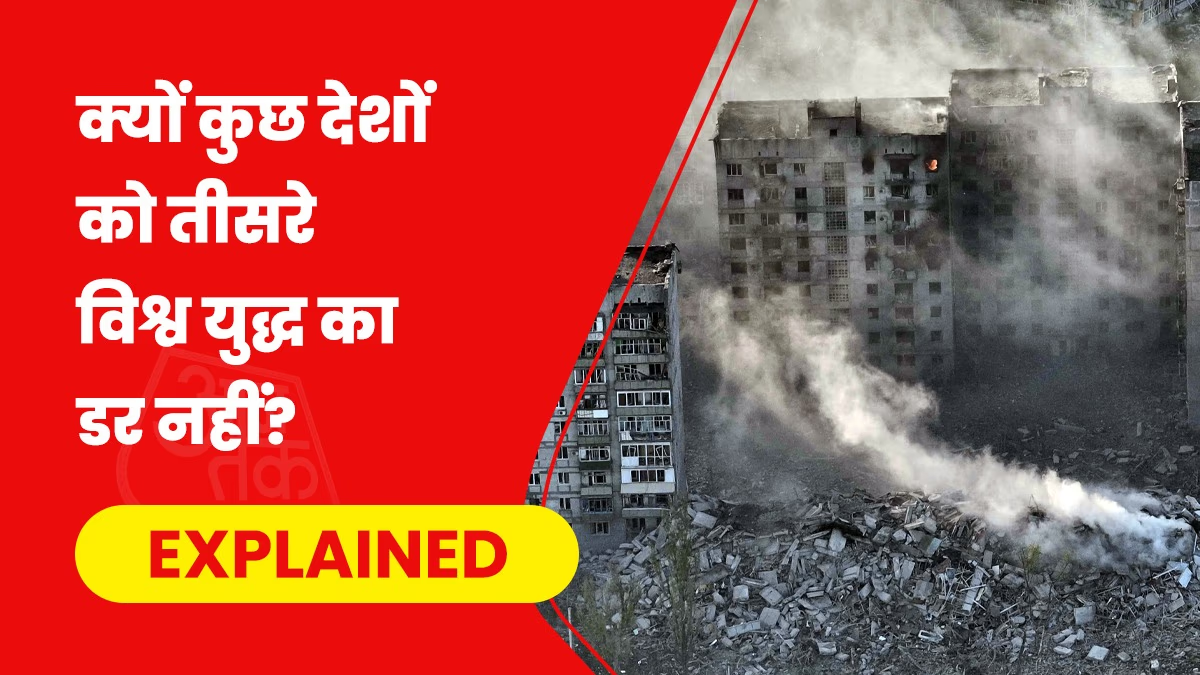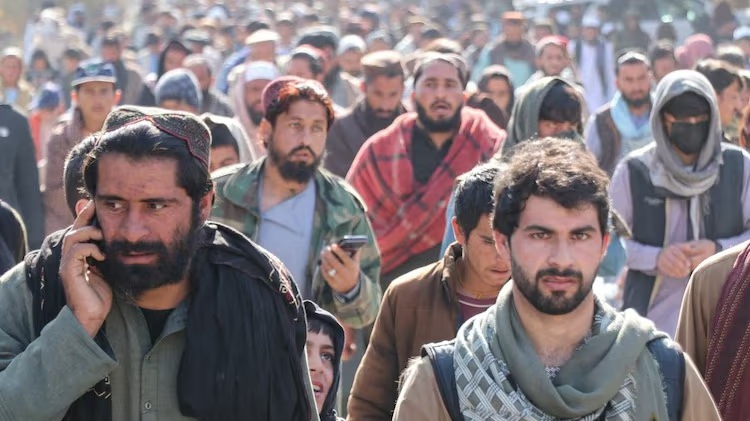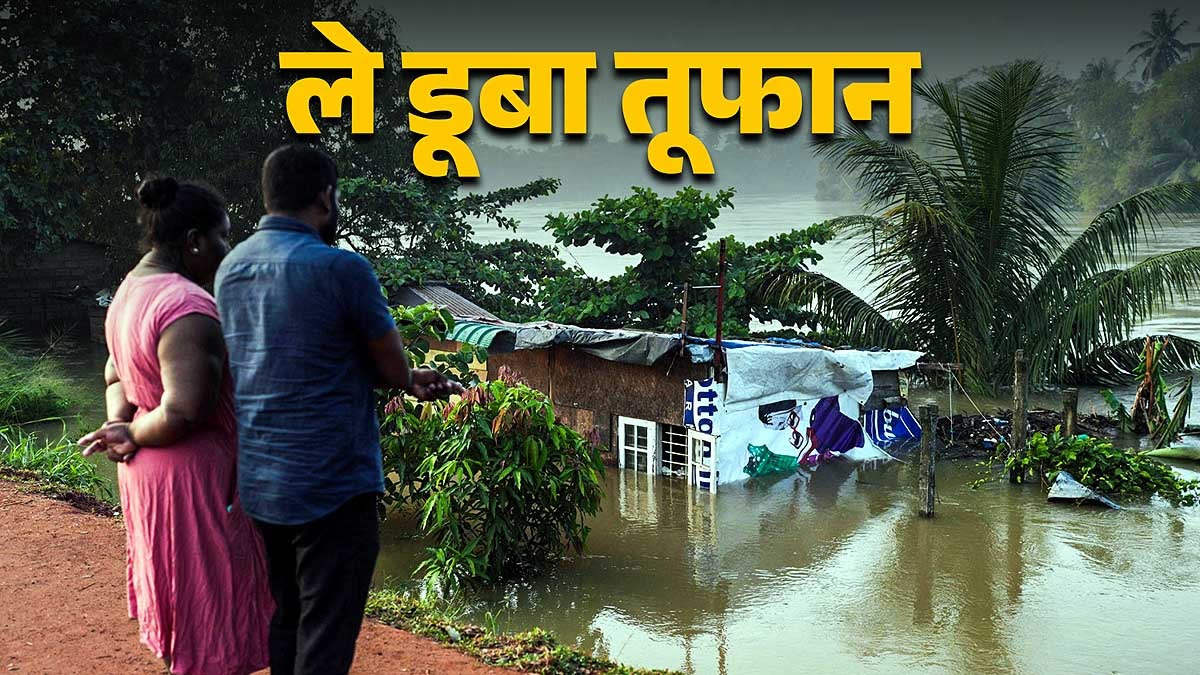From Russia-Ukraine to intense battles in the Middle East, leaders in some countries are so aggressive that they are even threatening nuclear strikes. In the meantime, most nations are preparing to ensure their citizens' safety if the situation worsens. Measures include stockpiling food, water, and medicine, and constructing underground shelters. However, there are countries that believe that no matter what happens, a nuclear war will not occur.
In the Middle East, Israel, along with Lebanon and Iran, are involved in conflicts. Though these countries are not directly on the frontlines, their militant groups are active. The Russia-Ukraine war is entering its third year, and civil wars continue in African nations. Meanwhile, North Korea continues displaying aggression, notably against the United States. Overall, the world is witnessing significant political upheaval.
Despite these tensions, Europe is making its preparations. German Defense Minister Boris Pistorius warned his citizens that due to Russia, a third World War could break out. Notably, Russian leader Vladimir Putin is continually threatening nuclear attacks on Ukraine. These threats intensified when U.S. President Joe Biden authorized Ukraine to use long-range missiles. The historic rivalry between Russia and America has been exacerbated by U.S. support for Ukraine, further fueling Putin's anger.
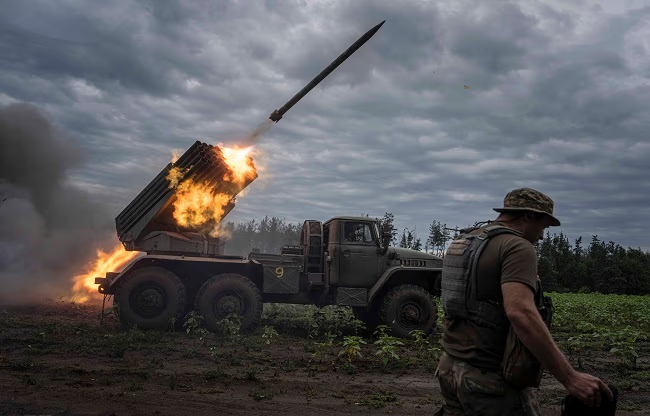
Source: aajtak
In September, Putin warned that if the West continued aiding Ukraine, Russia would conclude that NATO countries desire war with it. German Defense Minister Pistorius then cautioned his citizens that Russia might pose a threat to Europe, urging them to prepare promptly.
Norway, Sweden, and Finland have developed civil preparedness guidelines. These include first aid for injuries, techniques to stop bleeding, and advice on remaining calm during panic. There is also emphasis on stocking essentials like food, water, medicines, and sanitary pads.
While many countries are worried, several nations assume that the situation won’t escalate to a full-blown war. According to a report by The Conversation, countries like the UK and US are not at all prepared for emergencies. In psychological terms, this is known as optimism bias. It’s a tendency to overestimate the likelihood of positive events while assuming negative occurrences are less likely. According to cell.com, over 80% of people are affected by optimism bias in some form, with studies focusing on the US and UK.
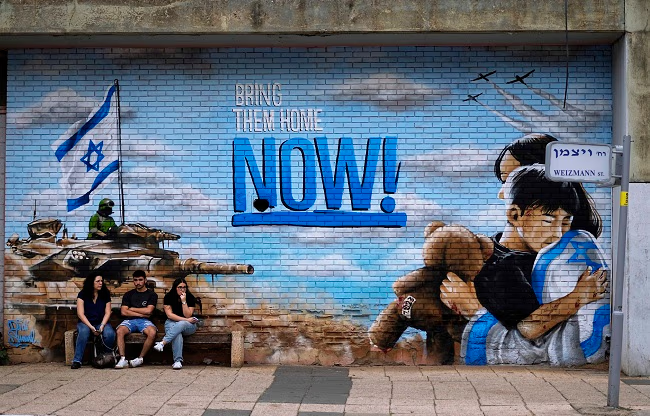
Source: aajtak
What Does It Entail?
People affected by optimism bias believe that even if everything in the world is going wrong, things will be fine for them. For instance, while global warming is happening, they’ll be safe, and if a disaster occurs, it won’t affect them. People from Western countries are especially predisposed to this bias. A study by the University of British Columbia found that individuals in the US, UK, and Canada exhibit optimistic tendencies to the extent of differing from reality, whereas people in Asian countries are more practical.
What Risks Does It Pose?
Optimism bias reduces the ability to assess risks effectively. As a result, people may not be prepared for natural disasters or terrorist attacks. Many studies back this claim. According to a report in the Personality and Social Psychology Bulletin, Chinese people are better at foreseeing threats compared to Americans, who exhibit excessive optimism bias. The 'Are Americans More Optimistic Than Chinese?' report offers an in-depth exploration of this. Conversely, people in Japan and Russia are more pragmatic, with a proactive approach to preparedness.
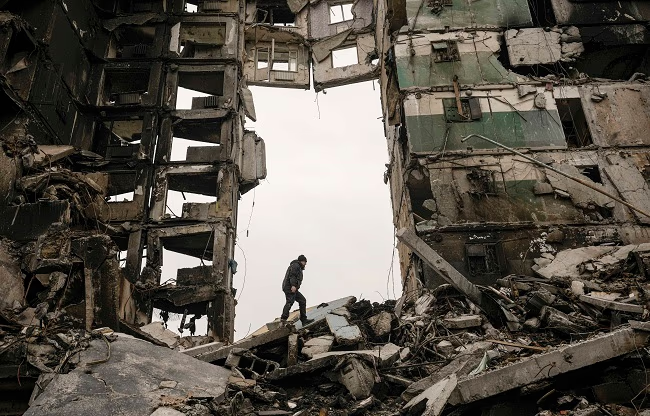
Source: aajtak
How Does Optimism Bias Work?
For those with optimism bias, negative images or news reports are dismissed to avoid distress. If bad news becomes too prominent, their brain processes it differently. Functional Magnetic Resonance Imaging (FMRI) conducted on such individuals reveals that their brains process bad news uniquely. During this time, the level of neural coding in the frontal cortex decreases, meaning information doesn't register as seriously as it should.
Which Countries Anticipate War?
An international survey conducted by Ipsos in December 2022 found that most people across 34 countries believe a third world war may occur soon. While wars would likely affect all nations, some regions might experience lesser impacts.
According to the Global Peace Index, Iceland is considered the country where the impact of a third world war would be minimal. Located far off in the northern Atlantic Ocean, Iceland is geographically safeguarded, making it difficult to reach and unlikely to face immediate bloodshed. This country also remains largely detached from global political turmoil, reducing the risk of aggression toward it. Similarly, New Zealand and Canada might be less affected due to their geographical positions.
